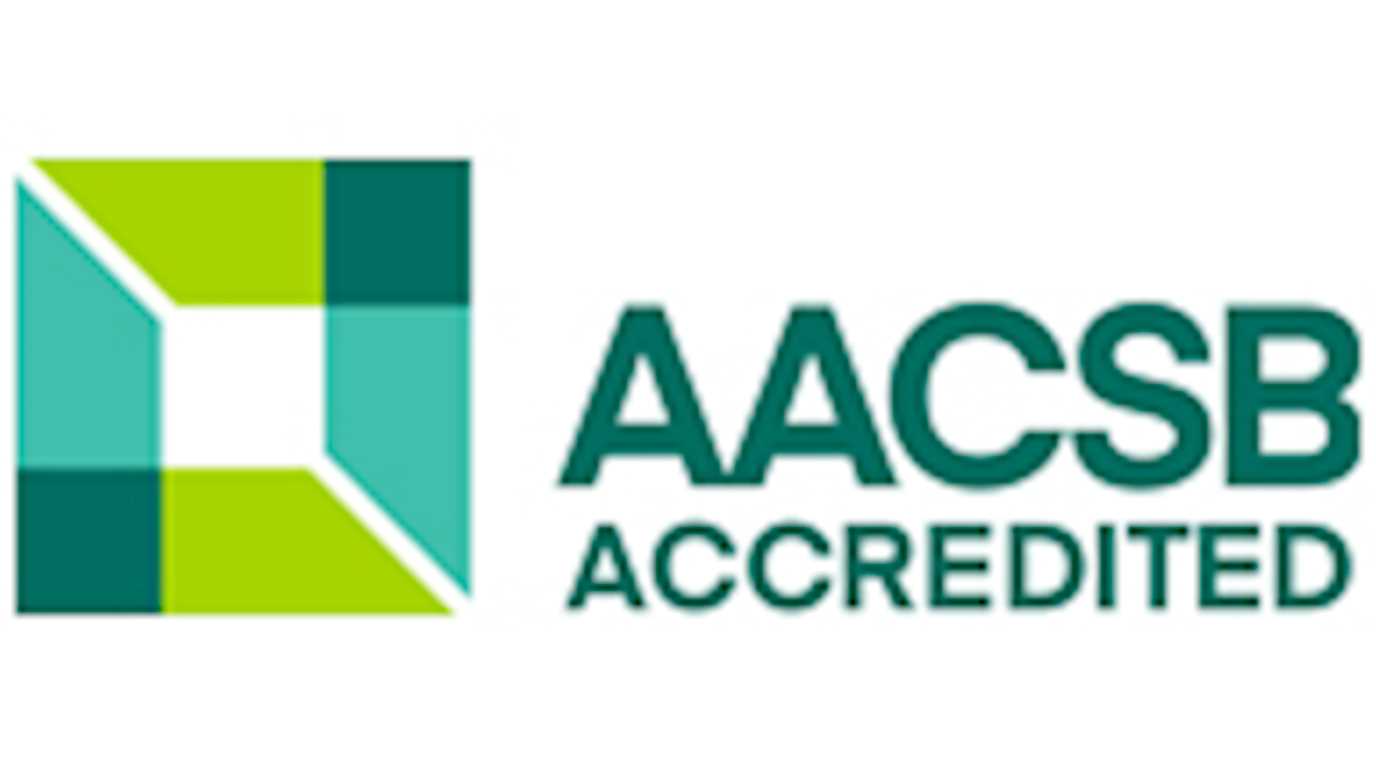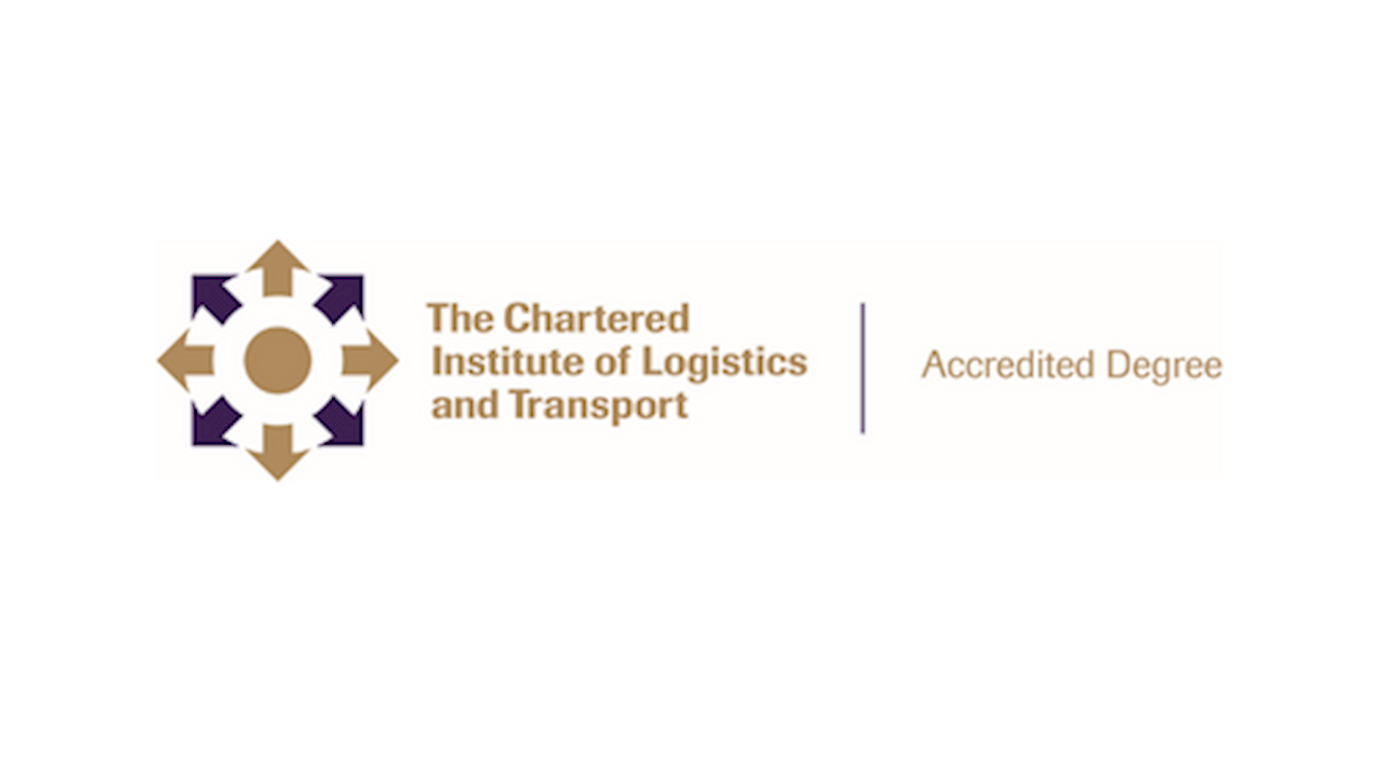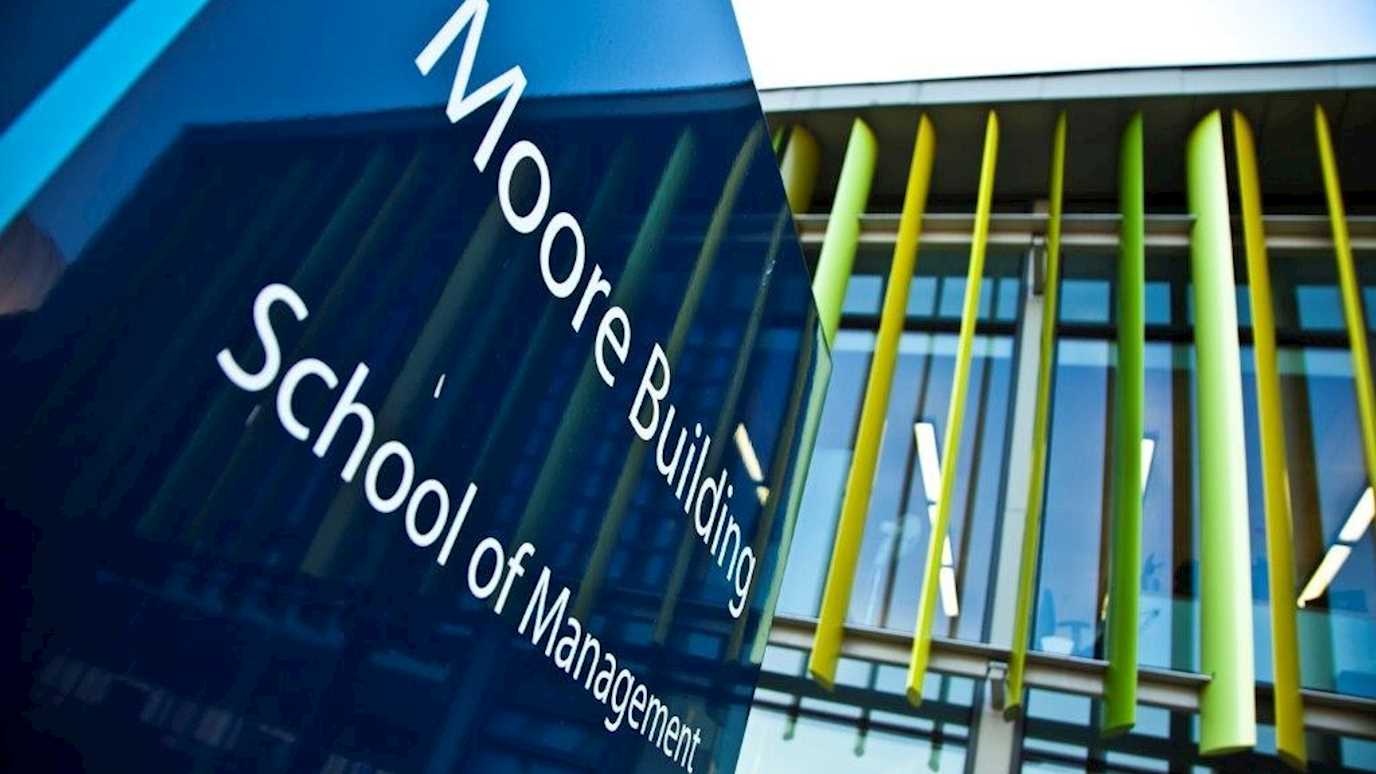This programme is currently under development and may be subject to change
Key information
Duration: 1 year full time
Institution code: R72
Campus: Central London
UK fees*: £13,200
International/EU fees**: £21,700
The course
Logistics and Supply Chain Management (MSc)
Whatever the industry, and whether operating globally or nationally, it’s more important than ever for businesses to manage their supply chains and ecosystems carefully in order to succeed. Companies, government departments, and international organisations cannot survive for long without rigorous, efficient and strategic management of supply chains and logistics. They need to demonstrate their resilience against disruption and adversity, the incorporation of new technologies, and the application of e-security, location, and outsourcing decisions in a world of rapid technological change, global industrial restructuring and retrenchment and onset of dangerous climate change.
On our one-year Logistics and Supply Chain Management MSc, taught at our central London campus, you’ll gain a thorough understanding of the forces at work and knowledge of sophisticated tools to strategically manage both large, complex, technology-based supply chains, as well as more traditional ones. You’ll cover logistics and procurement often across national boundaries, companies, regions, and time-zones.
Our focused and highly relevant curriculum is based on current thinking and real-world experience and needs in managing supply chains globally as technologies, markets and the international business and trade environment are changing fast. You’ll learn from senior academics and experienced practitioners, with input from CEOs and senior executives across a range of industries. These industry connections have informed the content and design of the course.
We recruit students from arts, sciences, manufacturing, business, management, and services and prepare them for successful careers across many industries: high technology manufacturing, engineering, electronics and computing, service sectors, fashion and clothing, food and agriculture, pharmaceuticals and bio medical, aid agencies, disaster relief and NGOs.
This MSc is accredited by The Chartered Institute of Logistics and Transport and is studied at our campus right in the centre of London.
From time to time, we make changes to our courses to improve the student and learning experience. If we make a significant change to your chosen course, we’ll let you know as soon as possible.
Course structure
Core Modules
This year we will be running the following insightful mandatory modules:
- Operations and Quality Management
- Purchasing & Inventory Management
- Industry Engagement
- Professional Project Management Skills
-
This module introduces you to the concept and definition of logistics and supply chain management, how it is increasingly recognised as a competitive strategy and the influence of logistics and supply chain management to other major functional activities to a firm's success. Responsiveness, reliability, resilience and relationships are the basis for successful logistics and supply chain management. These key trends are explored through lectures and case studies to understand the theoretical insights as well as the effective practices faced by international supply chains.
- Warehousing and Distribution Network Design
- Supply Chain Resilience and Risk Management
-
This module is an independent research project. You may select a topic of their choice related to logistics and Supply Chain management which has to be approved by the Course Director. The project should demonstrate both the technical knowledge that is being acquired throughout this Master’s degree programme, and also the ability to integrate knowledge from different subject areas in order to apply it analytically to a business-related, problem.
-
This module introduces you to the concept of the circular economy and how it contributes to a more sustainable supply chain. You will be introduced to key aspects of sustainability and climate change and key megatrends impacting the supply chains of the future. Sustainability is a key concern to supply chain managers particularly since the globalisation of supply chains, where economics, ethics and the environment most widely known as the triple bottom line are critical in supply chain decision-making.
Optional Modules
There are a number of optional course modules available during your degree studies. The following is a selection of optional course modules that are likely to be available. Please note that although the College will keep changes to a minimum, new modules may be offered or existing modules may be withdrawn, for example, in response to a change in staff. Applicants will be informed if any significant changes need to be made.
- Supply Chain Optimisation
- Supply Chains in Emerging Economies
Teaching & assessment
Over the 12 months of this course, you’ll take seven taught course units, attend various seminars and workshops and complete an independent business research project. And at the end of the year, you will apply the techniques and theories you’ve learned during the taught elements in a Masters level thesis of 10,000–12,000 words on a supply chain related topic. The dissertation will typically consist of a literature review followed by empirical work, involving either qualitative or quantitative research.
You’ll learn from highly experienced practitioners, including input from CEOs and senior executives from international firms across a range of industries. These industry connections have informed the content and design of the course, in a way that will not only build on your existing knowledge and experience but increase your chances of finding employment at a salary level higher than the graduate national average wage in your chosen sector.
Entry requirements
2:2
UK Honours degree or equivalent.
Candidates with substantial and relevant professional qualifications or professional experience in an associated area will also be considered.
International & EU requirements
English language requirements
- IELTS: 6.5 overall. No subscore lower than 6.0.
- Pearson Test of English: 61 overall. Writing 61. No other subscore lower than 54.
- Trinity College London Integrated Skills in English (ISE): ISE III.
- Cambridge English: Advanced (CAE) grade C.
- TOEFL iBT: 88 overall with Reading 22 Listening 20 Speaking 22 Writing 24.
- Duolingo: 120 overall and no sub-score below 115.
Your future career
Graduates of our supply chain courses have proven to be highly employable and pursued careers across a range of industries.
Roles in supply chain and logistics management can vary and are not limited to professionals who oversee the implementation and operations of supply chains, outsourcing, procurement, transportation, and logistics. A typical role could include taking ownership of a specific aspect of a supply chain project, ensuring that it is delivered to all stakeholders and meets the competitive needs of an organisation. You might be the person who provides detailed knowledge on a specific supply chain management discipline, or provides professional support services to a range of supply chain and procurement needs of an organisation, including international aid and disaster relief logistics management and planning.
With an MSc, you can progress your career in a wide range of positions in industry, make substantial contributions to multidisciplinary teams, strategically managing domestic and international supply chains, logistics, procurement, global sourcing, finance, technology acquisition, and risk management, amongst others. This will help you progress through an organisation into senior management positions or change career paths across industries, government, and NGOs. Some industries you could go into include:
- Electronics, Mobile Communication and Computing
- Pharmaceuticals and Healthcare
- Food and Agriculture
- Energy
- Supermarkets
- Textiles, Clothing and Fashion Industries
- Finance and International Banking
- Manufacturing, Aerospace, Automotive, Heavy Engineering
- High–tech Materials and Components Start-Ups
- Minerals, Oil & Gas
- Commodities Trade, Procurement and Distribution
- Shipping
- Airlines
- Music, Film Production, TV Production
- Government Departments
- International Aid, Disaster Relief and NGO
Postgraduate students from our School of Business and Management have gone on to roles in a variety of companies including Amazon, Tesco, Accenture, Ogilvy, KPMG, Boehringer Ingelheim, Bloomberg LP, Ocado Group, HSBC, Fuji film, Huawei, Deutsche Bahn and Qatar Airways.
Fees, funding & scholarships
Home (UK) students tuition fee per year*: £13,200
EU and international students tuition fee per year**: £21,700
Other essential costs***: There are no single associated costs greater than £50 per item on this course
How do I pay for it? Find out more about funding options, including loans, grants, scholarships and bursaries.
* and ** These tuition fees apply to students enrolled on a full-time basis in the academic year 2024/25. Students studying on the standard part-time course structure over two years are charged 50% of the full-time applicable fee for each study year.
Royal Holloway reserves the right to increase all postgraduate tuition fees annually, based on the UK’s Retail Price Index (RPI). Please therefore be aware that tuition fees can rise during your degree (if longer than one year’s duration), and that this also means that the overall cost of studying the course part-time will be slightly higher than studying it full-time in one year. For further information, please see our terms and conditions.
** This figure is the fee for EU and international students starting a degree in the academic year 2024/25. Find out more
*** These estimated costs relate to studying this particular degree at Royal Holloway during the 2024/25 academic year, and are included as a guide. Costs, such as accommodation, food, books and other learning materials and printing, have not been included.


























